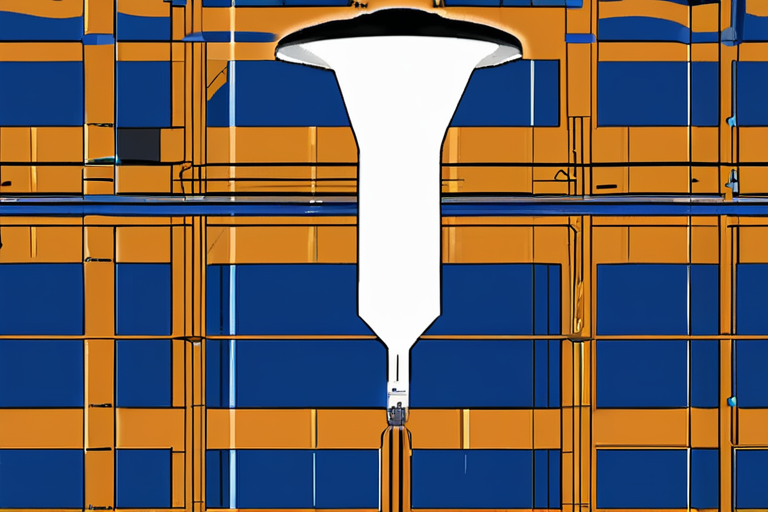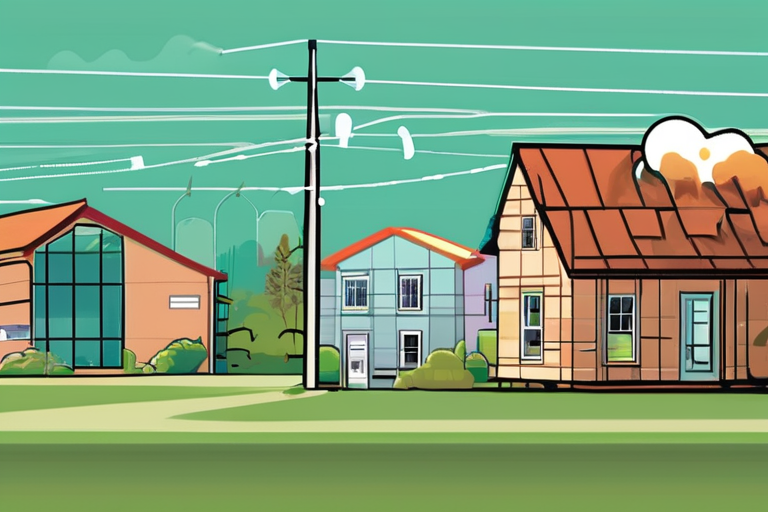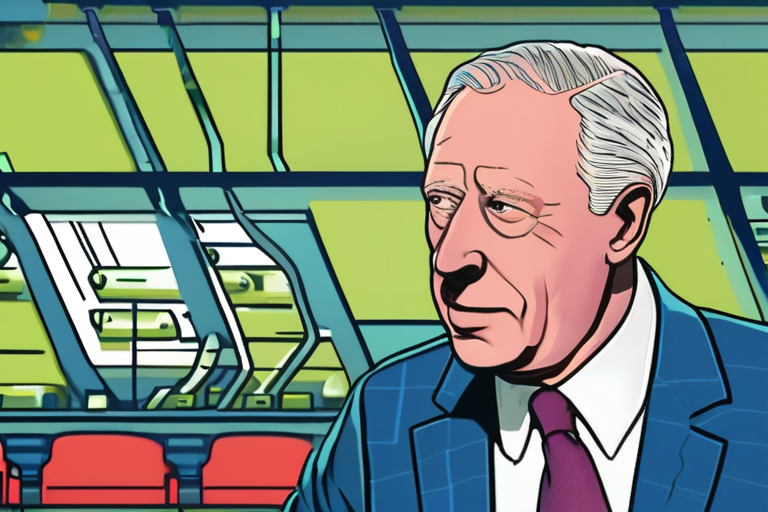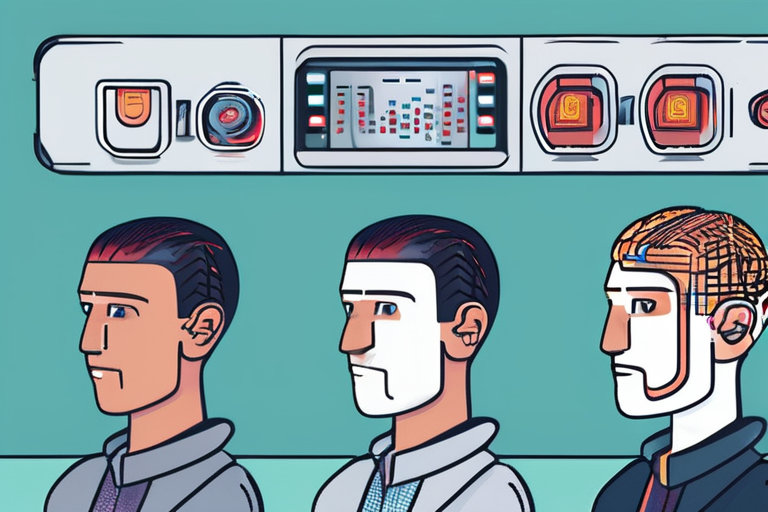China's military is reportedly on the brink of invading Taiwan, with autonomous drones equipped with AI targeting capabilities poised to overpower the island's air defenses. A series of crippling AI-generated cyberattacks have also cut off energy supplies and key communications, while a vast disinformation campaign enacted by an AI-powered pro-Chinese meme farm has spread across global social media, dampening the outcry at Beijing's act of aggression.
According to sources, military commanders in China are seeking to leverage AI to enhance their force, making it faster and more accurate than human-directed combat. However, experts warn that as AI assumes a more central role in warfare, commanders may lose control of conflicts that escalate too quickly and lack ethical or legal oversight.
"This is a classic case of the 'iron law of AI': the more you automate, the less you control," said Dr. Rachel Kim, a leading expert on AI and warfare at the Massachusetts Institute of Technology. "We're seeing a perfect storm of technological advancements and strategic miscalculations that could lead to catastrophic consequences."
The use of AI in warfare has been a topic of debate among international leaders and experts for years. While some argue that AI can enhance military effectiveness, others warn of the risks of unchecked technological progress. "The problem is that AI is not just a tool, it's a system that can learn and adapt on its own," said General James O'Donnell, a retired US military commander. "We need to develop new rules and regulations to ensure that AI is used responsibly and in accordance with international law."
The scenario unfolding in Taiwan is not an isolated incident. Experts point to the 2025 conflict between Russia and Ukraine as a precedent, where AI-powered drones and cyberattacks played a significant role in the fighting. "We're seeing a new era of warfare, one that is characterized by speed, stealth, and deception," said Dr. Kim. "The question is, are we prepared to adapt to this new reality?"
The international community is closely watching the situation in Taiwan, with the United Nations and other global organizations calling for restraint and dialogue. The US, Japan, and other countries have issued statements condemning China's actions and reaffirming their commitment to Taiwan's security.
As the situation continues to unfold, experts warn that the use of AI in warfare will only become more prevalent and complex. "We need to develop a new framework for understanding and regulating AI in warfare, one that takes into account the unique challenges and risks of this technology," said General O'Donnell. "The stakes are too high to ignore this issue any longer."
The international community is expected to convene an emergency meeting to discuss the implications of AI in warfare and potential solutions to mitigate its risks. In the meantime, the situation in Taiwan remains tense, with both sides engaged in a high-stakes game of cat and mouse.



























Share & Engage Share
Share this article